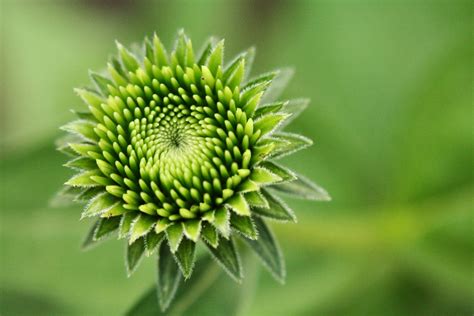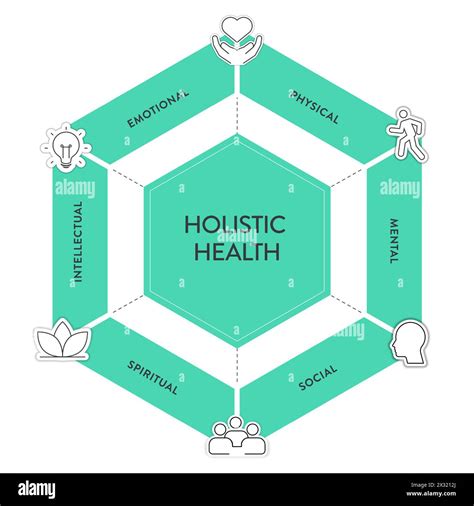How to naturally optimize testosterone for peak male vitality?

Testosterone, often hailed as the cornerstone of male vitality, influences everything from muscle mass and bone density to mood, energy levels, and libido. While synthetic solutions exist, many men are seeking natural, sustainable ways to optimize their testosterone production. The good news is that your lifestyle choices play a profound role in regulating this crucial hormone. By embracing a holistic approach focusing on diet, exercise, sleep, and stress management, you can unlock your body’s innate ability to produce testosterone and experience peak vitality.
Fueling Your Hormones: The Power of Nutrition
What you eat directly impacts your hormonal balance. To support healthy testosterone levels, prioritize a diet rich in whole, unprocessed foods. Focus on healthy fats, which are crucial for hormone production. This includes monounsaturated fats found in avocados, nuts, and olive oil, as well as saturated fats from grass-fed meats and coconut oil in moderation. Protein intake is also vital for muscle repair and overall endocrine function, so ensure adequate amounts from lean meats, fish, eggs, and legumes.
Micronutrients are often overlooked but incredibly important. Zinc, found in oysters, red meat, and pumpkin seeds, is a key mineral involved in testosterone synthesis. Vitamin D, more accurately a pro-hormone, has a direct correlation with testosterone levels; ample sunlight exposure and dietary sources like fatty fish or fortified foods are essential. Magnesium, boron, and Vitamin K2 also contribute significantly to hormonal health.

Strategic Movement: Exercise for Hormonal Health
Regular physical activity is a powerful testosterone booster, but the type and intensity matter. Resistance training, particularly compound movements like squats, deadlifts, bench presses, and overhead presses, has been shown to significantly increase testosterone. Aim for 3-4 strength training sessions per week, focusing on progressive overload.
High-Intensity Interval Training (HIIT) can also be beneficial, providing a potent hormonal response without excessive training volume. Short bursts of intense exercise followed by brief recovery periods can stimulate growth hormone and testosterone release. However, avoid chronic endurance exercise (like long-distance running) which can sometimes lower testosterone levels if overdone, especially without adequate recovery and nutrition.

Rest and Resilience: The Impact of Sleep and Stress
In our fast-paced world, adequate sleep often takes a backseat, yet it’s during sleep that your body performs crucial restorative and hormonal processes. A lack of quality sleep (less than 7-9 hours per night) can significantly reduce testosterone production. Establish a consistent sleep schedule, create a cool, dark, and quiet sleep environment, and avoid screens before bed to optimize your circadian rhythm.
Chronic stress, driven by the persistent release of cortisol, is another major enemy of testosterone. Cortisol and testosterone are inversely related; when one goes up, the other tends to go down. Incorporate stress-reduction techniques into your daily routine, such as meditation, deep breathing exercises, yoga, spending time in nature, or engaging in hobbies you enjoy. Managing stress effectively is paramount for maintaining healthy hormone levels.

Beyond the Basics: Lifestyle Choices and Natural Aids
Beyond diet, exercise, and sleep, several other lifestyle factors can influence testosterone. Limiting alcohol intake is crucial, as excessive consumption can disrupt hormone synthesis. Exposure to endocrine-disrupting chemicals found in plastics, pesticides, and personal care products can also negatively impact testosterone; opt for natural alternatives where possible.
Certain natural supplements can offer targeted support, but they should complement, not replace, fundamental lifestyle changes. As mentioned, Vitamin D and Zinc are critical. Ashwagandha, an adaptogenic herb, has been shown to reduce cortisol and improve testosterone levels in some studies. Fenugreek is another herb often cited for its potential testosterone-boosting properties. Always consult with a healthcare professional before starting any new supplement regimen.

The Journey to Peak Vitality: Consistency is Key
Optimizing testosterone naturally is not a quick fix but a journey of consistent, positive lifestyle choices. It requires dedication to nourishing your body, challenging it physically, allowing it adequate rest, and managing mental stress. Small, incremental changes accumulated over time lead to significant results. Monitor your progress through how you feel – your energy, mood, strength, and overall sense of well-being are excellent indicators of success.
Remember that individual responses vary, and what works best for one person might need adjustment for another. If you have persistent symptoms of low testosterone or are concerned about your hormonal health, seeking advice from a qualified healthcare professional is always recommended. They can provide personalized guidance, conduct necessary tests, and rule out underlying medical conditions.

By consciously integrating these natural strategies into your daily life, you empower your body to produce testosterone optimally. This holistic approach not only supports peak male vitality but also contributes to overall health, longevity, and an enhanced quality of life. Start today, make sustainable changes, and reclaim your natural vigor.









